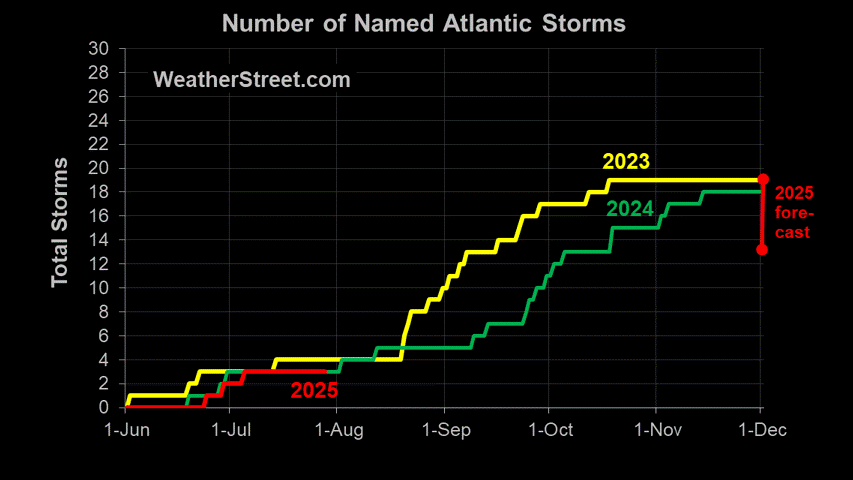Latest update on Hurricane Bill
Maximum winds remain at 105 mph making it a category 2 hurricane, but these winds are nearer the center. Tropical storm force winds however, extend outward up to 275 miles from the center, making Bill a large hurricane.
Later today and tonight, Bill will be making its closest pass to the southeast Massachusetts coast, include Cape Cod, Nantucket, and Martha's Vineyard and some of the tropical storm force winds could reach these areas. A Tropical Storm Warning has been posted for these areas where winds could exceed 40 mph.
The worse of the impacts have already occurred in Bermuda, and hurricane watches have been dropped. Tropical storm warnings will remain however as some squally weather and high waves will still be felt this morning.
Hurricane Bill will rapidly skirt past Nova Scotia later Sunday, and then move northeast out into the North Atlantic.
Video: Bill poses Danger to East Coast (The Weather Channel)
Big Bill to Batter Cape Cod through Canadian Maritimes (AccuWeather)
Hurricane Bill is currently a Category 2 storm, and is not expected to strengthen much if at all today as he moves northward, paralleling the East coast. The large hurricane's impacts will be far-reaching into eastern New England, but the biggest blow will be delivered to the Canadian Maritimes.The storm will cruise the waters east of Cape Cod, Nantucket and Martha's Vineyard late tonight into early Sunday as a Category 2 storm, battering these areas with winds between 30 and 50 mph.
While these winds will be equal to a strong nor'easter, they can still cause damage. Trees could be snapped, while power lines, traffic signs and lights could be blown down.--snip--
Maximum wave heights are expected to approach 20 feet just offshore of southeastern Massachusetts tonight into Sunday. The battering waves will make it extremely dangerous for swimmers and boaters alike, and ferry traffic will be disrupted as a result.
The circulation around Bill as he approaches and then moves off to the northeast will cause water to pile up in Cape Cod Bay. This area will likely experience the worst of the coastal flooding in New England. Rainfall of between 2-4 inches will add to the potentially life-threatening flooding.The Canadian Maritimes, including Halifax, Nova Scotia and St. John's, Newfoundland, will be hardest hit. Big Bill will make landfall in southeastern Nova Scotia as a Category 1 storm early Sunday afternoon.
The area from coastal Nova Scotia to much of Newfoundland will endure hurricane-force gusts over 74 mph, even though Bill will be weakening after moving over cooler water and land. Wind gusts could reach up to 100 mph in this zone. Waves can reach 25 feet or higher and buckets of rain will be unleashed









<< Home